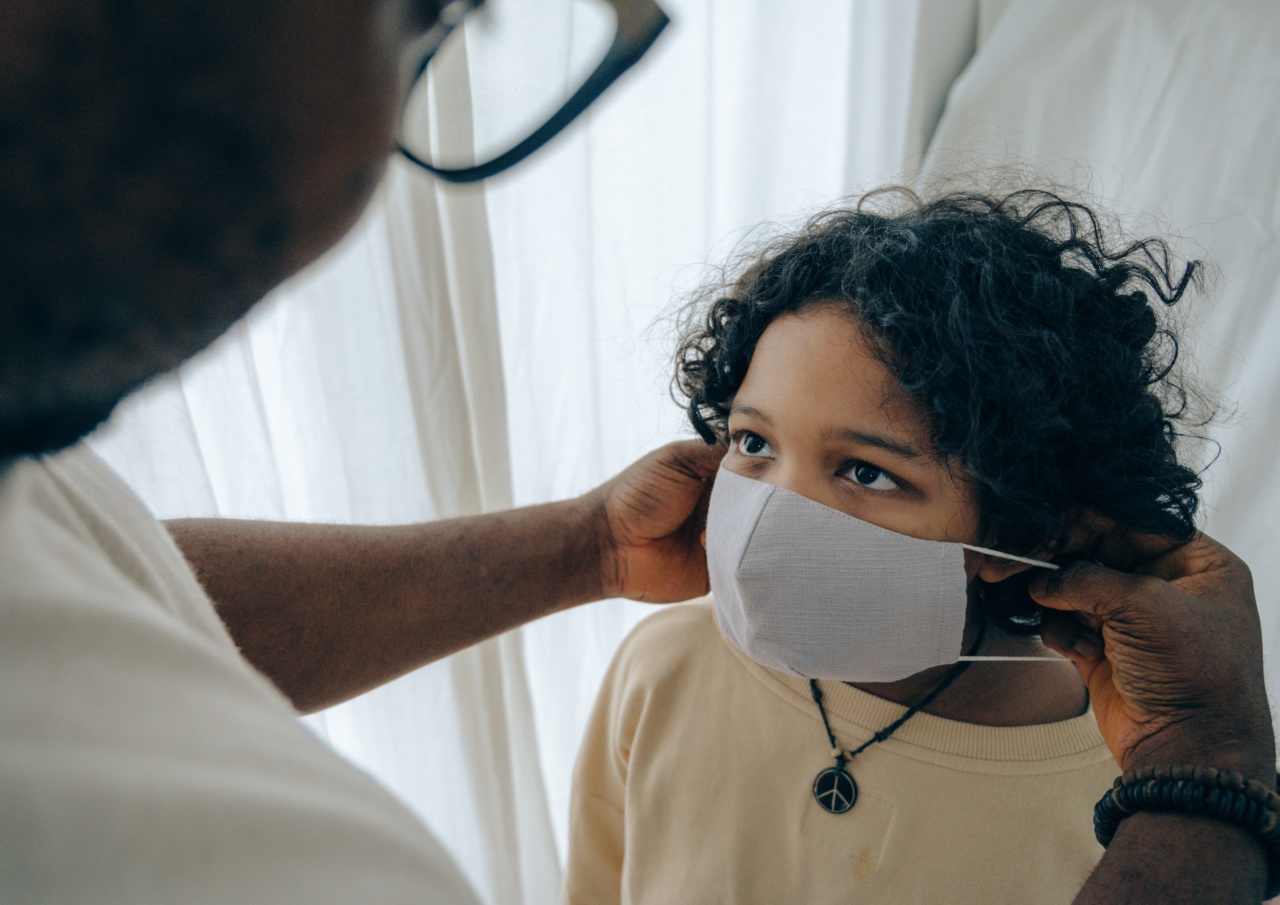Patient safety is a paramount concern for healthcare providers. As much as healthcare professionals strive to provide quality care, acute problems continue to arise every day.
Some of these issues are avoidable, and adherence to certain practices can go a long way in preventing patient harm.
Four Don’ts For Patient Safety
1. Don’t ignore patient complaints
Patient complaints should never be dismissed. Ignoring a patient’s concerns may lead to catastrophic outcomes. Patient complaints may be a sign of a deeper underlying issue, and healthcare providers should take the time to address them.
Providers should actively listen to patients and make every effort to resolve any issues that arise.
2. Don’t overlook medication errors
Medication errors are an acute problem in healthcare, and they often result in patient harm or death.
Providers should take every precaution to prevent medication errors, including careful prescription writing, double-checking medication orders, and verifying patients’ allergies and drug interactions. Providers should also take the time to educate patients about their medications and potential side effects.
3. Don’t neglect hand hygiene
Hand hygiene is a critical aspect of patient safety. Healthcare providers should frequently wash their hands or use hand sanitizer between patient interactions. Neglecting hand hygiene can lead to the spread of infections such as MRSA and C. difficile.
Providers should also ensure that patients and visitors are aware of the importance of hand hygiene and encourage them to wash their hands frequently.
4. Don’t forget to establish open communication
Effective communication is crucial in healthcare, especially during care transitions. Providers should establish open communication with patients, their families, and other healthcare professionals serving the patient.
Accurate handoffs and informed consent should always be prioritized. Providers should also encourage patients and their families to ask questions and provide feedback to improve the care experience.
Conclusion
Preventing acute problems in healthcare requires healthcare providers to take an active role in promoting safety.
By adhering to these four “don’ts,” providers can help ensure patients receive safe and effective care that is free from avoidable harm.





























